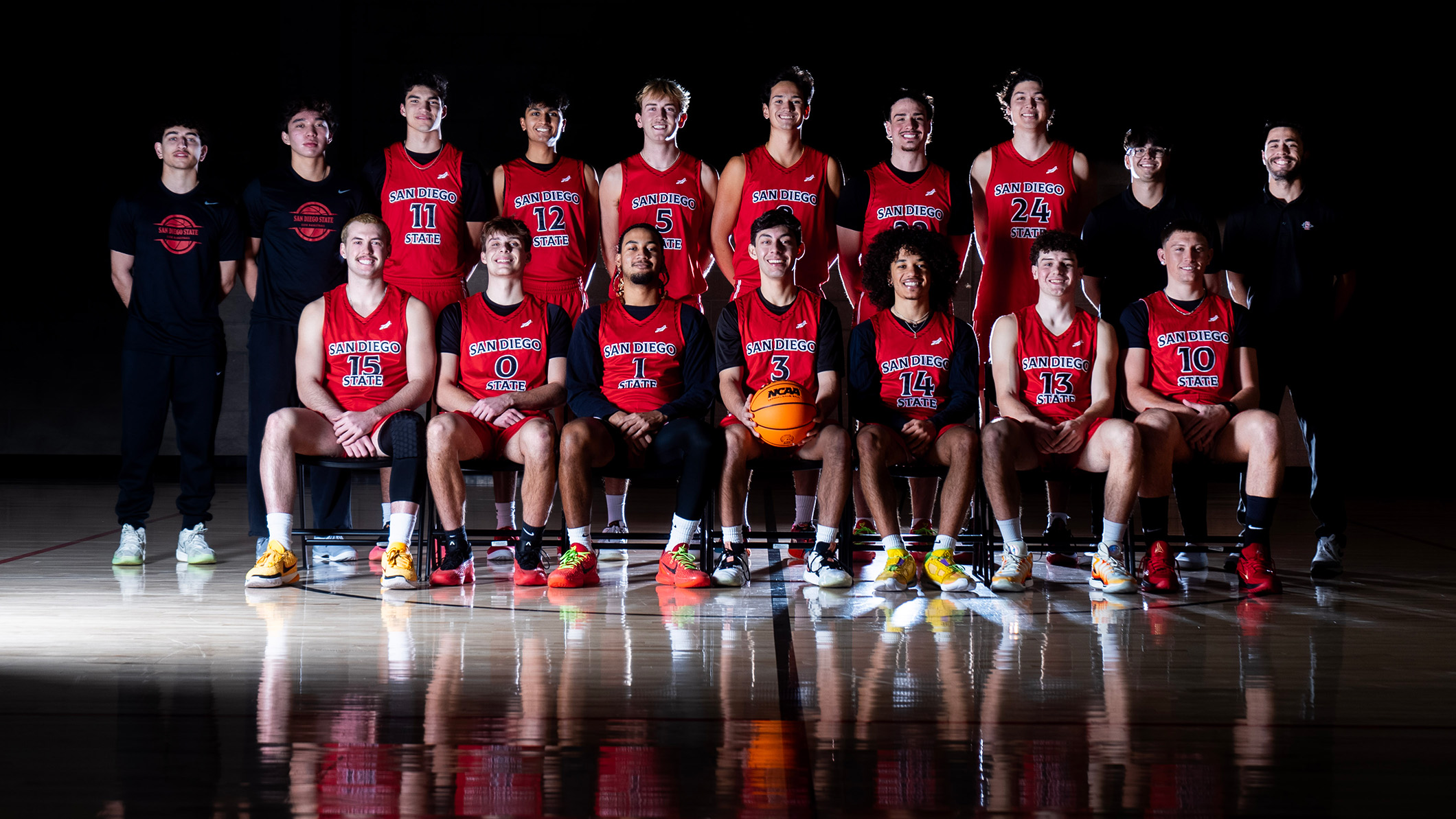$1.5 Million in Research Stipends for High Achieving Masters and Doctoral Students
The fellowships supplement external funding to support 80 highly accomplished research scholars.

When Petrona Gregorio-Pascual was selected to receive a 2020-21 University Graduate Fellowship (UGF) from San Diego State University, it released her from having to seek teaching opportunities and other sources of funding to continue her research.
“The UGF funding helped me stay focused on what’s important — my research and academic courses,” Gregorio-Pascual said. “As a first-generation graduate student I encountered multiple barriers, among them funding issues, so I’m personally grateful for the financial support I received through SDSU’s graduate fellowship.”
The third-year doctoral candidate in public health is among 30 Ph.D students who received fellowships of $25,000 from the university’s internal funding. Combined with health insurance benefits, the fellowships provide a total of $1 million annually.
Now in its fourth year, the institutional funding for Graduate and Research Affairs supplements external funding doctoral students receive. In addition, an inaugural cohort of 50 masters’ students received $10,000 each in research scholarships, for a total of $500,000, which will cover their tuition in full.
Highly accomplished research scholars
“The awardees are very impressive in what they’ve accomplished so far in their career,” said Ed Balsdon, interim dean of graduate studies. “These students have excellent accomplishments, and they’re high achievers with very high GPAs harking back to their undergrad days.”
His office received about 120 nominations for master’s students and about 75 nominations for Ph.D students, evaluated by a committee of faculty drawn from different colleges. A scoring rubric looks at student accomplishments and evidence of potential for a highly productive research career in their fields, based on the nomination recommendations submitted by faculty mentors.
The fellowships for joint doctoral program students represent SDSU’s commitment to Ph.D training, Balsdon said.
“SDSU is very committed to graduate research training. We rely a lot on external grants, our students do teach as teaching assistants, and we also have this institutional funding which shores up these programs,” Balsdon said.
“One distinctive feature of our joint Ph.D programs is having students conduct research early in their careers, often from their undergrad days, even coming into the program with papers published as co-authors. Our philosophy is to get them involved in research as early as possible.”
The university's five-year strategic plan, "We Rise We Defy: Transcending Borders, Transforming Lives," emphasizes SDSU’s commitment to becoming a doctoral university by developing infrastructure and resources that enable research activity to grow while continuing to support excellence in teaching.
Boon for timely completion
The funding also helps students graduate on time, said Temesgen Garoma, interim associate dean for graduate studies and research in the College of Engineering.
“The average time to degree for our doctoral students is about five years, but the duration of most grants is less than five years. This funding fills the gap and enables students to complete their degree on time,” Garoma said. “The master’s research scholarship that began this year has been a boon for our graduate students. Typically master’s students have jobs as teaching assistants or sometimes off campus. This fellowship will help them focus more on their research.”
In engineering, the joint doctoral program has grown to 54 students in fall 2020 from 49 the previous year.
Six doctoral students and nine masters’ students from the college were selected for fellowships this year.
“This funding is crucial for our master’s and doctoral students, especially as our enrollment has doubled in recent years,” Garoma said. “This will help us recruit and retain highly qualified students.”
Removes funding hurdles `
In the School of Speech, Language, and Hearing Sciences (SLHS) in the College of Health and Human Services, one of the biggest hurdles is securing funding for students in SDSU’s joint doctoral program in language and communicative disorders with the University of California San Diego.
While some faculty can support them through their grants, this is not always the case. The school needs to ascertain funding through five years which can be challenging, especially if the faculty mentors are early career and have limited grant funding themselves. This is where the SDSU graduate fellowships make a huge difference.
“I’ve turned away amazing candidates because I can’t guarantee five years of funding,” said Tracy Love, SLHS director. “Our Ph.D. program is ranked 7th in the nation by the National Research Council. We serve such an important need because there is a shortage of clinically trained and aware faculty in speech, language, and hearing sciences. We only accept a maximum of five students a year and the UGF is an essential source of funding.”



